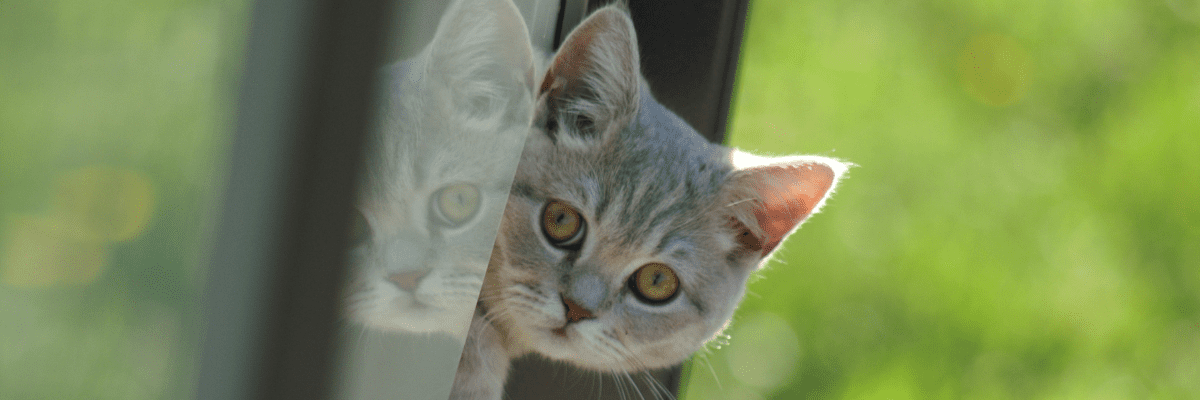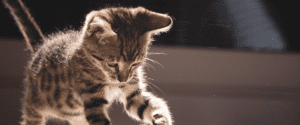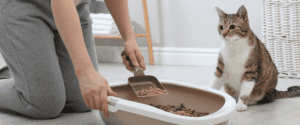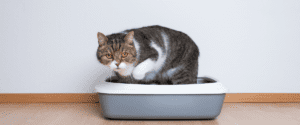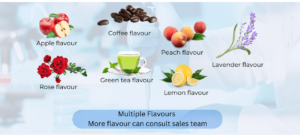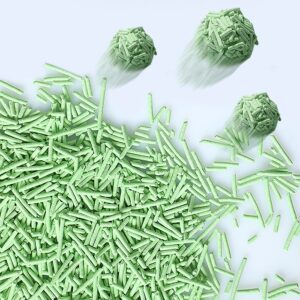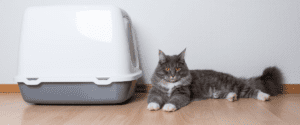In recent years, there has been a noticeable shift in consumer preferences toward more eco-friendly products, and the pet care industry is no exception. One of the key developments in this sector is the growing demand for plant-based cat litter. With increasing concerns about environmental sustainability and pet health, more cat owners and wholesalers are turning to plant-based alternatives over traditional clay-based litter. As a wholesaler, it’s crucial to understand this rising trend and how you can capitalize on it.
Why the Shift to Plant-Based Cat Litter?
The surge in demand for plant-based cat litter is a direct response to growing concerns about environmental impact, pet health, and the desire for more natural, biodegradable products. Traditionally, most cat litter was made from clay, a non-renewable resource, which requires energy-intensive extraction processes. On top of that, many conventional litters contain harmful chemicals that could potentially affect pets and the environment.
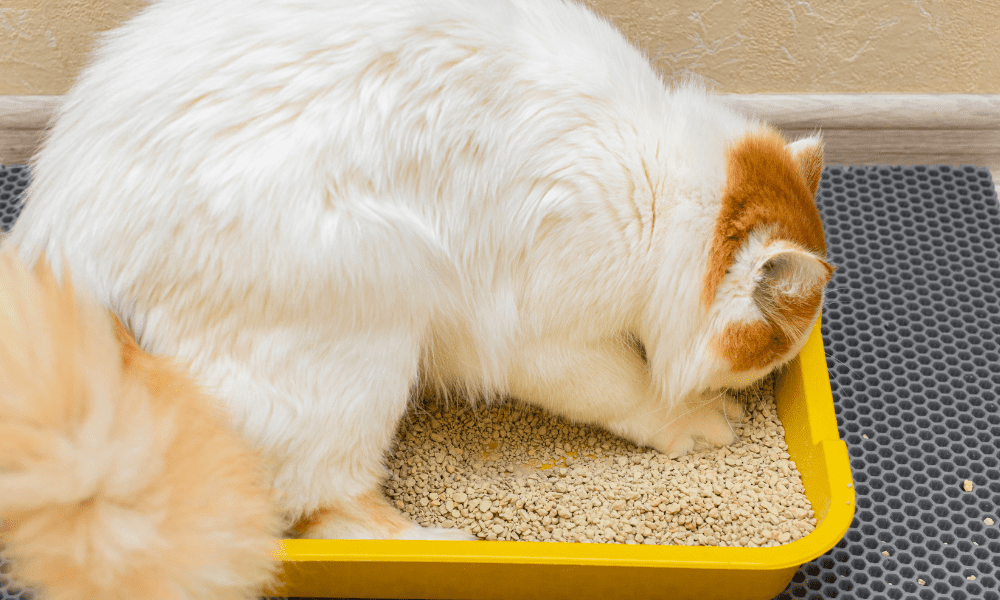
Plant-based alternatives, such as those made from tofu, corn, wheat, and pine, have gained significant traction because of their numerous benefits:
- Eco-Friendly: Plant-based litters are biodegradable, unlike clay-based products, which can take years to decompose in landfills. They are sourced from renewable resources, making them more sustainable for the planet.
- Healthier for Pets: Many traditional cat litters contain chemicals, fragrances, and artificial additives that can cause respiratory issues or skin irritations in pets. Plant-based litters are typically free from these harmful substances, offering a safer option for cats and other animals in the household.
- Better Odor Control: Plant-based litters, especially tofu and corn-based varieties, offer superior odor control compared to traditional clay-based litters. This makes them a more attractive choice for cat owners concerned about maintaining a clean and fresh-smelling home.
- Clumping and Absorbent: Tofu-based cat litters are well-known for their ability to form firm clumps, making it easier for cat owners to scoop waste. Additionally, many plant-based options offer high absorbency, ensuring that moisture is effectively absorbed to reduce odors and mess.
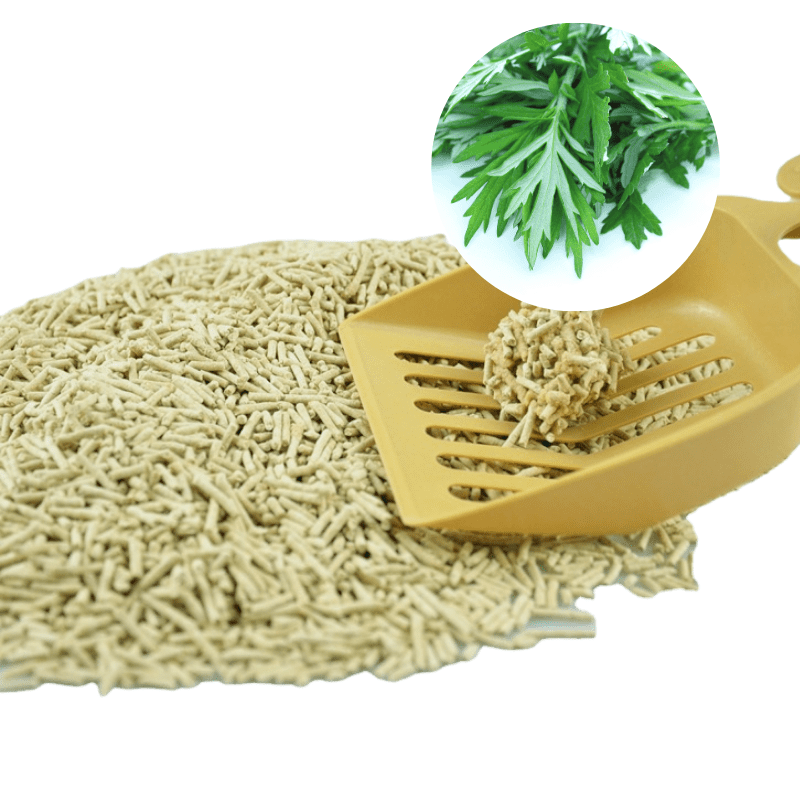
Real-Time Data on the Plant-Based Cat Litter Market
As of 2024, the global market for plant-based cat litter is expanding rapidly. According to recent market research, the plant-based cat litter market is expected to grow at a compound annual growth rate (CAGR) of 7.5% over the next five years. The growth is driven by the increasing awareness of sustainability, pet care trends, and health-conscious consumers.
In particular, tofu-based cat litter is becoming a top choice among pet owners, with significant market penetration in regions like North America and Europe. These regions have seen a notable uptick in demand due to increasing consumer preference for eco-friendly and health-conscious products. Wholesalers who can provide these environmentally friendly and effective alternatives are well-positioned to cater to the changing consumer base.
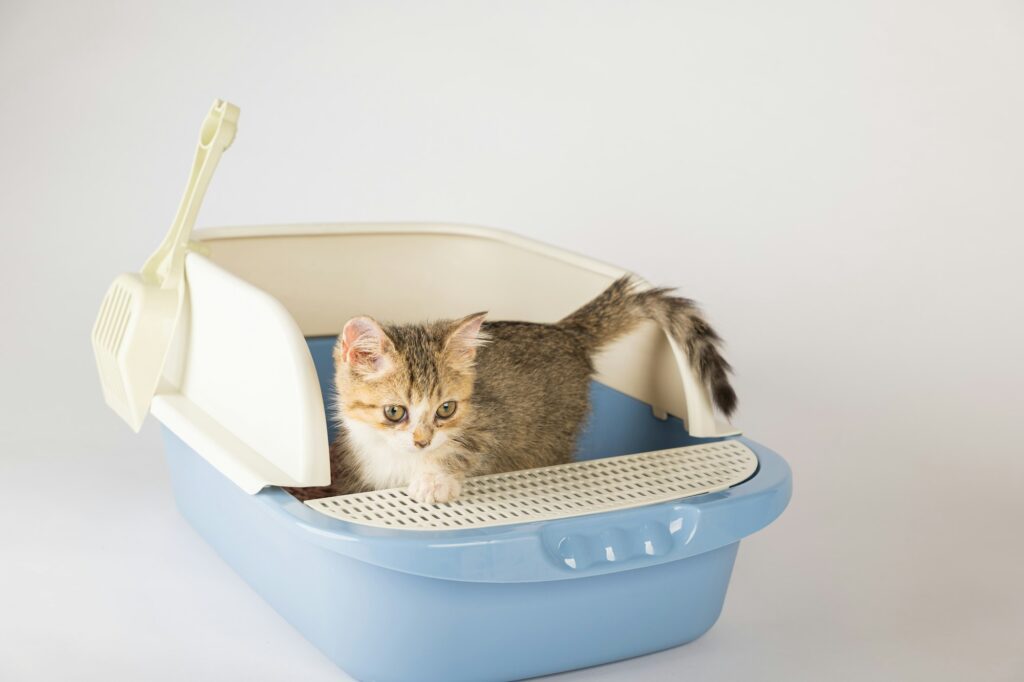
Key Trends Shaping the Plant-Based Cat Litter Industry
- Sustainability: Sustainability is the cornerstone of the plant-based cat litter market. As consumers become more environmentally conscious, the demand for products made from biodegradable and renewable materials continues to rise. Products made from bamboo, pine, and coconut husk are gaining popularity due to their minimal environmental impact during production and disposal.
- Health and Safety: With increasing concerns about chemical exposure, many pet owners are opting for natural cat litters that are free from harmful additives. Tofu-based cat litter, for instance, is gaining attention for being hypoallergenic and non-toxic to both cats and humans.
- Performance and Convenience: While eco-friendliness is a priority, convenience is also crucial. Many consumers are now looking for plant-based litters that offer the same level of performance as traditional clay litters. Clumping ability, odor control, and absorbency are key factors that plant-based litters must meet to compete in the marketplace.
- Customization Opportunities for OEM/ODM: As the demand for plant-based cat litter grows, wholesalers and retailers are increasingly looking for suppliers that offer customized solutions. OEM/ODM (Original Equipment Manufacturer/Original Design Manufacturer) partnerships provide a significant opportunity for manufacturers to cater to specific customer needs, offering tailored packaging, unique blends, and other customization options.

Opportunities for Wholesalers in the Plant-Based Cat Litter Market
As the demand for plant-based cat litter continues to rise, wholesalers have a unique opportunity to diversify their offerings and attract a broader customer base. Here’s what wholesalers need to know to stay ahead of the curve:
- Market Differentiation: By offering eco-friendly and plant-based products, wholesalers can differentiate themselves in a competitive market. With growing consumer awareness around sustainability, wholesalers who align with this trend are more likely to attract customers who are looking for responsible and environmentally conscious products.
- Meeting Consumer Preferences: As the market for plant-based cat litter expands, wholesalers need to stay in tune with changing consumer preferences. Providing a variety of plant-based options, including tofu, pine, and corn-based litters, ensures that wholesalers can cater to different customer needs and preferences.
- Cost-Effectiveness and Competitive Pricing: While plant-based cat litters often come at a higher price point than traditional clay litters, there is room for competitive pricing. Wholesalers who can source plant-based litters in bulk or directly from manufacturers can reduce costs and pass on savings to customers, maintaining a competitive edge in the marketplace.
- Educational Marketing: Wholesalers can use their platforms to educate consumers about the benefits of plant-based litters, from their environmental advantages to their superior odor control. By offering informative content, wholesalers can position themselves as trusted authorities in the eco-friendly pet product space.
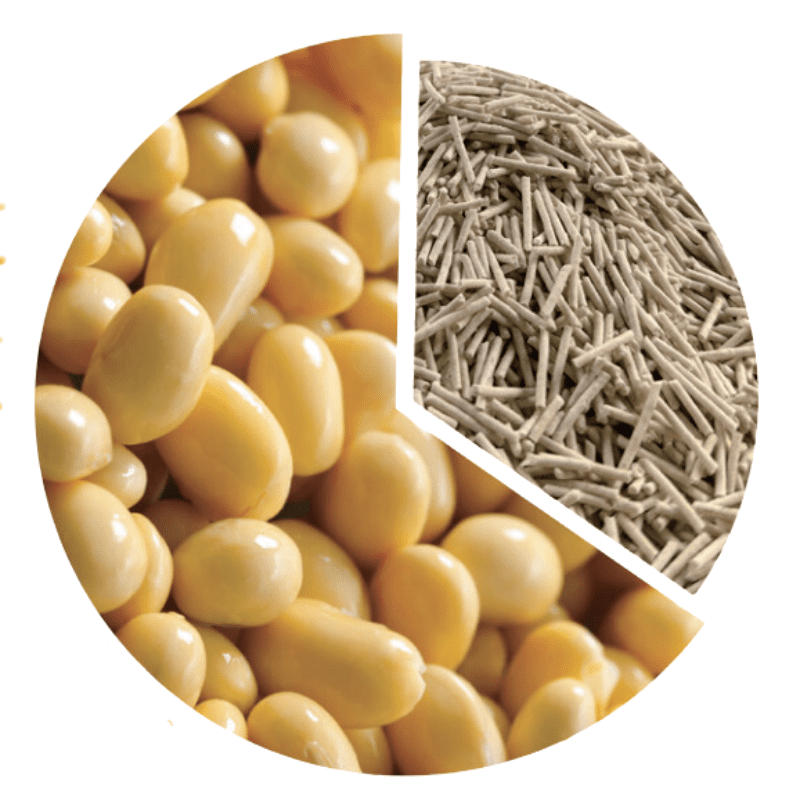
- Expanding into New Markets: The plant-based cat litter market is not confined to just North America and Europe. Wholesalers can explore opportunities in emerging markets where eco-consciousness is on the rise, and pet ownership is growing.
How Wholesalers Can Tap into the Plant-Based Cat Litter Trend
- Partner with Trusted Manufacturers: Partnering with a reliable plant-based cat litter manufacturer is essential. Look for manufacturers who have a proven track record of producing high-quality, eco-friendly cat litter that meets the growing demand. A trusted partner will also be able to provide transparent sourcing practices and product certifications.
- Offer Variety and Customization: Ensure your product range includes multiple plant-based options that appeal to a diverse customer base. This could include offering litters made from tofu, pine, or bamboo. Customization options like private labeling or packaging sizes also attract wholesale clients who want a personalized touch.
- Leverage Online Platforms: Utilize e-commerce platforms like Amazon, Alibaba, and your own website to reach a wider audience. Online platforms allow wholesalers to tap into global markets, expand their reach, and promote eco-friendly products to a tech-savvy generation of cat owners.

The Future of Plant-Based Cat Litter
Looking forward, the future of plant-based cat litter looks promising. As sustainability becomes a priority for more consumers, demand for these products is expected to continue its upward trajectory. Technological advancements may also play a role in improving the performance of plant-based litters, making them even more appealing to wholesalers and consumers alike.
To stay competitive, wholesalers must adapt to these changing trends, stay informed about market developments, and offer plant-based products that meet both performance and sustainability expectations.
